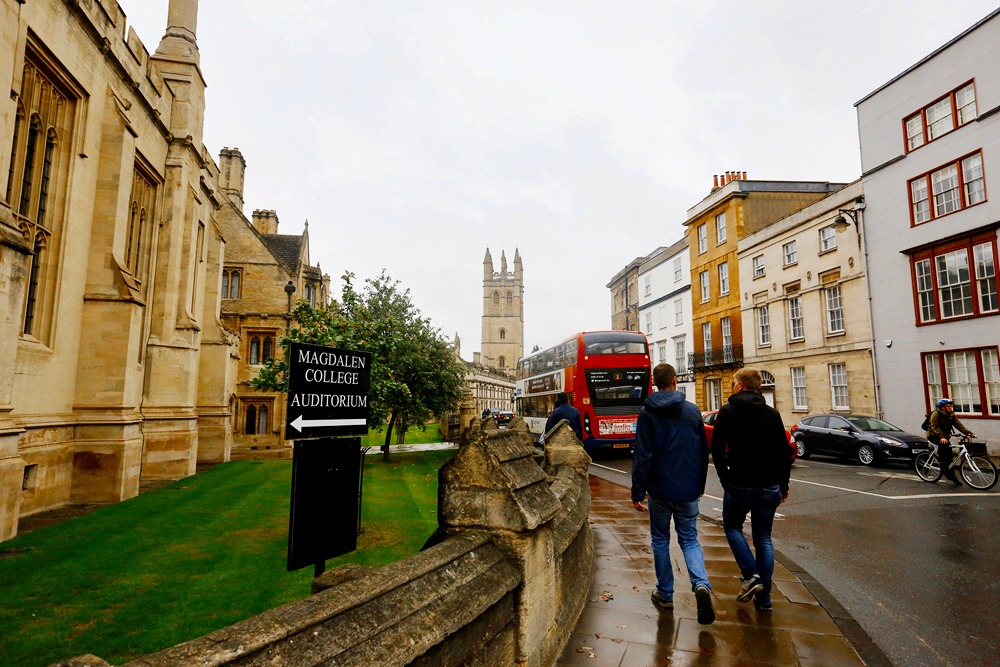Catholic students and staff are suffering increasingly serious persecution in British universities. In the latest instance, the nomination of Father David Palmer as chaplain at the University of Nottingham was blocked due to the priest publishing tweets opposing abortion and euthanasia.
A complaint against blocking Palmer’s nomination was filed by Nottingham’s bishop, Patrick McKinney. Yet only the threat of the Free Speech Association undertaking legal measures forced the university to permit his nomination as chaplain. He is currently allowed to hold the position for a probationary period while further complaints against him may lead to his nomination being withdrawn.
Journalist Simon Caldwell observed that British universities do not recognize freedom of speech. In an article published in the Catholic Herald, he reminded readers of the case of Julia Rynkiewicz, a Polish nursing student who was dismissed from training (which amounted to her being unable to continue her education) when the University of Nottingham discovered that she was a member of a pro-life group. Rynkiewicz sued her university, ultimately receiving compensation and an official apology.

Caldwell pointed out that the events at the University of Nottingham were not an exception. During a recent fair at Oxford, students from the famous university destroyed a pro-life booth. They also refused to leave the event until they received confirmation that the booth would not be repaired.
Anna Fleischer, the head of the University of Oxford’s pro-life movement, admitted that she was faced with several unpleasantries following the incident, including physical attacks. She was also the target of internet hate from other students.
“This was not constructive criticism but a wave of vulgarities. Some of them could be considered punishable threats and incitement of violence,” she said. Although the university officially condemns any actions which lead to the suppression of freedom of speech, it did not undertake any disciplinary action against the vandals at the event or Fleischer’s aggressors, despite all of their names being known and the existence of video evidence.
Similar incidents also took place at the University of Exeter, in which pro-life students and their families are verbally assaulted and face threats of violence on social media.
Madeline Page, leader of an organization which helps connect British pro-life students, emphasized that freedom of speech is no longer seen as a value at British universities, but rather as a threat. She believes that universities have become a breeding ground for new and destructive ideologies.
To make matters worse, Catholics are not the only group that can feel threatened. Kathleen Stock, a philosophy professor at the University of Sussex, was attacked by members of her own trade union due to her unfavorable views on gender ideology.
The University and College trade union not only refused to defend her; they also criticized her university for refusing to support the initiative which involved students hanging posters demanding her resignation. She was also forced to conduct her seminars online since the university’s authorities were worried about her safety — some students even sent her death threats.
After a long struggle with the students, Professor Stock ultimately decided to discontinue her work at the University of Sussex. She could not bear the pressure, the witch hunt, or the protests demanding her resignation.





